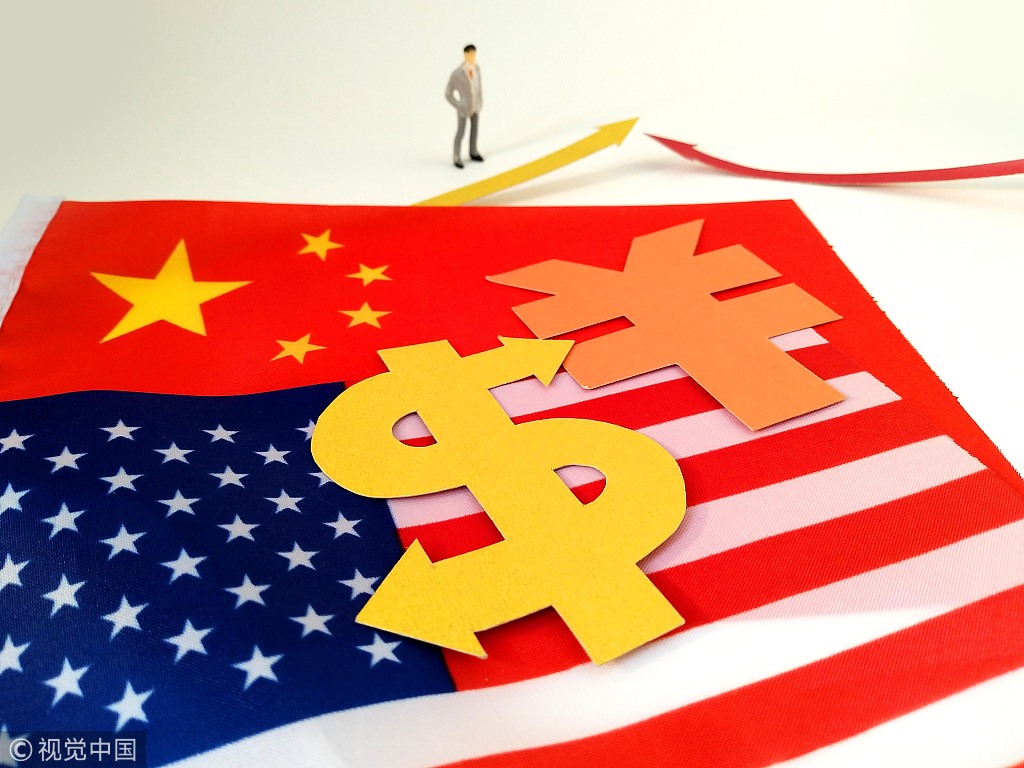Blame lies at Washington's door for talks breaking down: China Daily editorial
chinadaily.com.cn | Updated: 2019-06-04 20:46

In a quick response to the white paper Beijing released on Sunday elaborating its stance regarding trade negotiations with the United States, Washington said on Monday it "is disappointed that the Chinese have chosen … to pursue a blame game ..."
At this point, the blame game is centered around who has backtracked on commitments. In its lengthy white paper, Beijing blamed Washington for "backtracking" on three occasions. In its reply, Washington accused Beijing of moving "away from previously agreed-upon provisions" after agreement was reached "on a number of important matters".
Putting who started it and who is pursuing it aside, the blame game is counterproductive, harmful, and potentially dangerous.
Counterproductive because it serves neither party's purpose in maneuvering a win-win pattern of economic and trade ties. Harmful because the exchange of verbal swords does nothing except harden their attitudes to each other, as Singaporean Prime Minister Lee Hsien Loong observed. Potentially dangerous because it is already poisoning broader bilateral relations by spilling over into other areas, such as people-to-people exchanges.
What has set the two sides apart is both believe the other is to blame for the talks breaking down. Beijing insists nothing is agreed upon until everything is. Washington sees nothing wrong in going ahead with punitive moves while negotiations proceed.
Should the current dispute persist, rather than have their differences settled, the world's two largest economies will find it increasingly difficult to return to the negotiating table. In that case, there is no guarantee they can avoid embarking on a collision course.
It is obvious from both parties' policy statements so far that both remain in favor of constructive engagement as well as a win-win outcome.
But also that their expectations remain divergent: Beijing sees nothing inappropriate in the bilateral economic and trade ties and wants to preserve their "stability", a negotiated agreement to be "equal" and Washington to respect its "sovereignty and dignity". Washington deems the past decades of economic and trade exchanges exclusively favored Beijing, and now wants them, as the US president said, to be the other way round.
Considering Beijing has demonstrated its readiness to address Washington's concerns, the latter should reciprocate in kind, focusing more on balance, rather than a pro-Washington imbalance in order to correct what it believes is a past wrong.
Assigning liabilities for the present impasse entirely to the other is in no way constructive. It always takes two to tango.
























